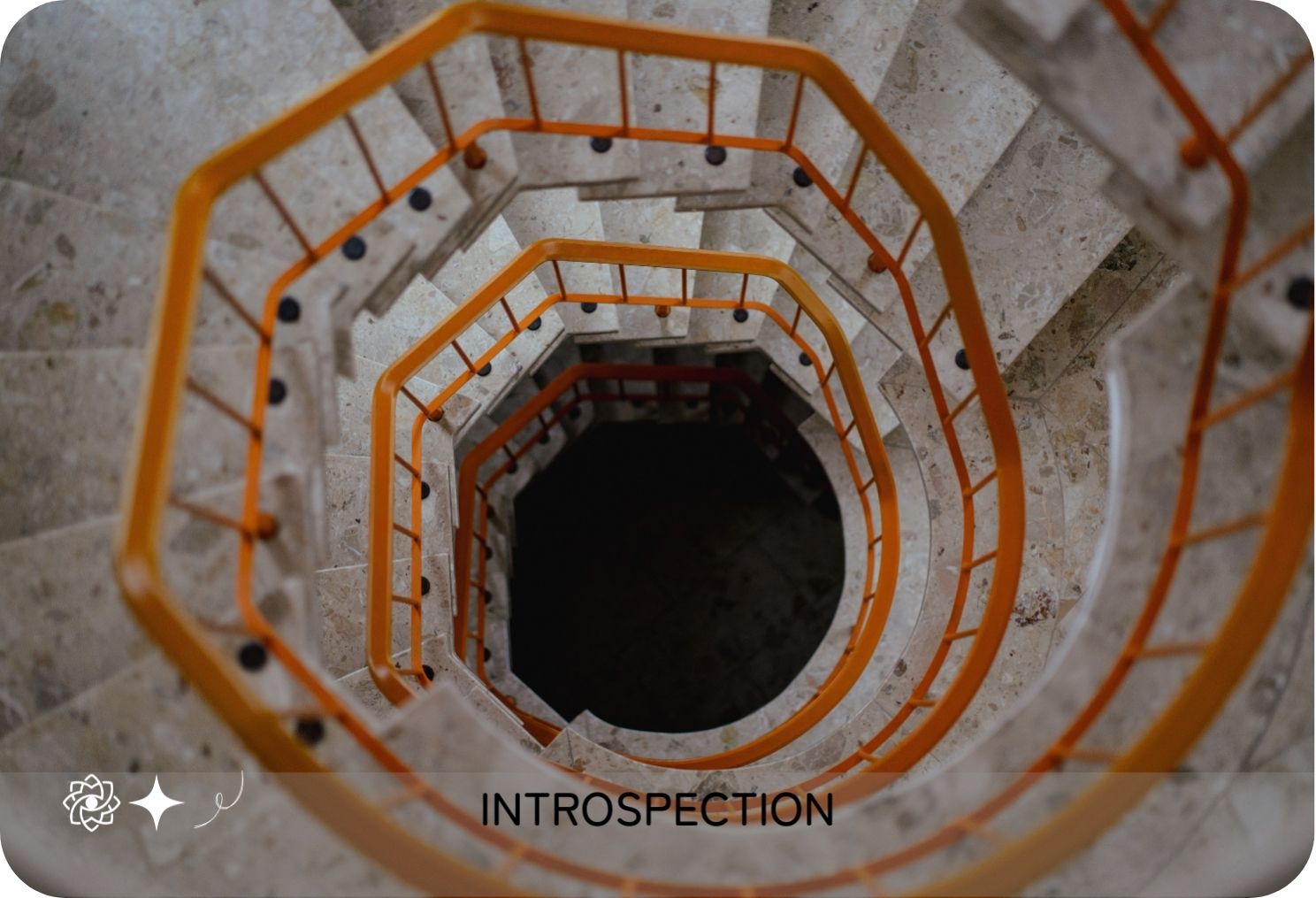

About this course
The Introspekt Practitioner is an in-person training programme for helping professionals who wish to learn how to facilitate processes using images in a rigorous, ethical and respectful way, integrating practice, discernment and presence.
In Introspekt, images are not interpreted.
Image-based work is grounded in a non-interpretative, non-protagonistic form of facilitation, aimed at holding processes through listening, presence and professional judgement.
The focus is not on what to do, but on how to be when facilitating: how to hold processes, how to listen beyond verbal discourse, and how to intervene without directing or forcing change.
Prerequisite
To take part in the Introspekt Practitioner, participants must have previously completed the introductory course in image-based facilitation (in person or online).
This ensures a shared foundation of perspective, language and the non-negotiable principles of the method.
How the course works
This is an in-person training programme structured around 5 intensive sessions of 5 hours each, held on a fortnightly basis.
Throughout the course, you will:
Theory is introduced in direct connection with what emerges in practice, always in service of the process.
Capacities developed
Throughout the Practitioner programme, participants progressively develop capacities such as:
These capacities are cultivated through practice with Introspekt cards, used as a symbolic and experiential support.
Required material
To take part in the course, participants must have a set of Introspekt cards.
Working methodology
This course allows you to establish a solid foundation of practice, from which to shape your own way of facilitating.
1 · Foundations of image-based facilitation
2 · Self-knowledge, talents and deep needs
3 · Blocks, time and readiness for movement
4 · Facilitating individual and relational change
5 · Integration of the role and supervised practice
An introductory journey to understand how the Introspekt method approaches change facilitation through images. This online content offers a theoretical and reflective approach to a different way of accompanying change—one that is more respectful of individual processes, more attentive to symbolic language, and more aligned with the professional’s perspective. Through interactive modules, examples, and reflection prompts, you will be able to understand the foundations of the Introspekt method and explore whether this way of seeing and accompanying resonates with you, before taking further steps.
An advanced program for those who already use the method and wish to take their practice to a deeper and more conscious level. Integrate experience and presence to hold complex processes with coherence and authenticity. A training to consolidate your personal style as a facilitator and expand the perspective that inspires your practice.
A face-to-face space to explore personal and professional challenges through images. In this experiential workshop, you will work with the alchemy process of the Introspekt Method to gain clarity, unlock stuck situations, and activate inner movements that support change. This is not a theoretical training, but a guided experience that invites you to look differently and discover new possibilities for action.